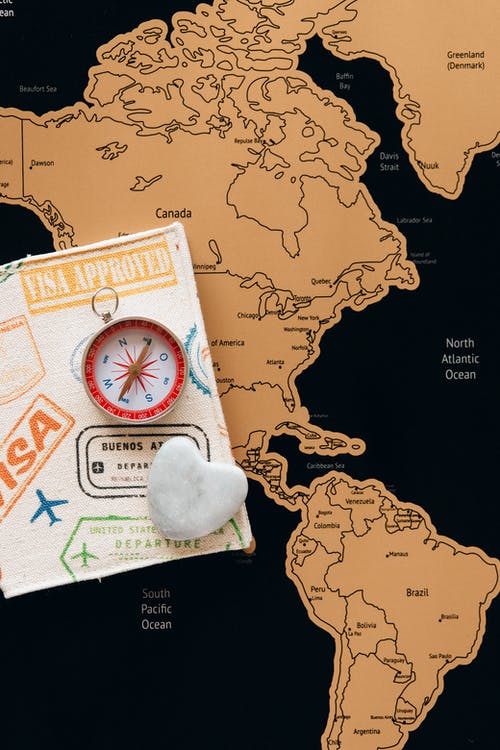Digitalization and the age of the internet have brought new habits such as remote work. Globally, digital nomads move to different countries from their homes. They can do this through their digital nomad visa. Such visas enable these people to run their businesses with the necessary amenities and infrastructure.
The following article provides you with information about digital nomad visa countries and the steps to take while applying. Before delving into detail, let’s introduce the definition of freelance visas first.
About Freelance Visa and Its Advantages
A freelance visa is a solution to the difficulty of having traditional visas for freelance workers and entrepreneurs. Typically, such visas demand additional documents like contracts or invitation letters. However, a digital nomad visa is designed specifically for remote workers. In addition, a freelance visa doesn’t require you to submit any contract or pages of paperwork. In addition to this, you can stay and work in the country for a long time thanks to this visa.
The visa only requires you to work remotely and independently.
Regulations vary depending on each country that provides a nomad visa. Let’s find them below.
Nomad Visa Countries
Several countries provide freelance visas for remote workers, freelancers, and entrepreneurs. Find the details of each country below.
Portugal
Portugal has been the favorite country of many digital nomads thanks to the high internet speed and the growing tech industry.
The D7 Visa and Portugal Golden Visa are two different types of digital nomad visa in Portugal.
First of all, EU nationals are not required to apply for any visa to be able to enter Portugal. US citizens, on the other hand, can live in Portugal for up to 90 days without a visa. Other non-EU citizens need to apply for a Schengen Visa.
While applying for a freelance visa in Portugal, you’ll need to demonstrate the following:
- Proof of skills required in Portugal
- Registering yourself as a freelancer
- Getting a NIF (“Número de Identificação Fiscal”) number. This is a tax identification number.
Spain
You can stay in Spain for a duration of one year after entering the country through your non-lucrative visa.
There are certain conditions when you apply for this visa in Spain:
- Agreeing not to work as a Spanish employer in Spain or establish your own business
- Proof of having sufficient funds
- Proof that you can maintain your life in Spain when you work remotely
- Having an insurance policy contract valid for one year
Spain Freelance and Self-Employed Visa are also available to apply for. The freelance visa provides you with one-year residence and work right. You can work as an independent self-employed worker in Spain via this visa. You must be a non-EU citizen to apply.
Greece
Greece is another one of the nomad visa countries providing Greece Digital Nomad Visa. This visa allows you a 12-month residence permit that you can renew for two more years.
The eligibility criteria are as follows:
- Having a net monthly income of €3,500, and
- Being either self-employed or having a work contract with a company. The company must be based outside of Greece.
You can apply for this visa in a Greek consulate.
Estonia
The Digital Nomad Visa in Estonia functions like the other visas mentioned above. You can live in Estonia while working for your business that is based abroad.
Some conditions apply when you apply for a digital nomad visa in Estonia:
- You need to prove that your income is at least €3504
- You need to work as a freelancer for clients and run a business based outside Estonia
- You need to have an active employment contract with a registered company inside or outside Estonia.
There’s also an option for an e-Residency program in Estonia. It’s not a program that provides legal residence in Estonia or in the EU. However, you can establish a European company and conduct business globally. It mainly attracts digital nomads and entrepreneurs.
Croatia
Croatia provides a temporary residence for applicants. It’s known as a digital nomad visa or a remote visa though it’s still a residency permit.
You can stay in the country for up to 90 days. As a digital nomad, you can’t work in a registered Croatian company.
You can apply for the visa at a Croatian embassy or consulate in your country as a non-EU citizen. If you’re an EU citizen, then you can apply at a near Croatia police station.
